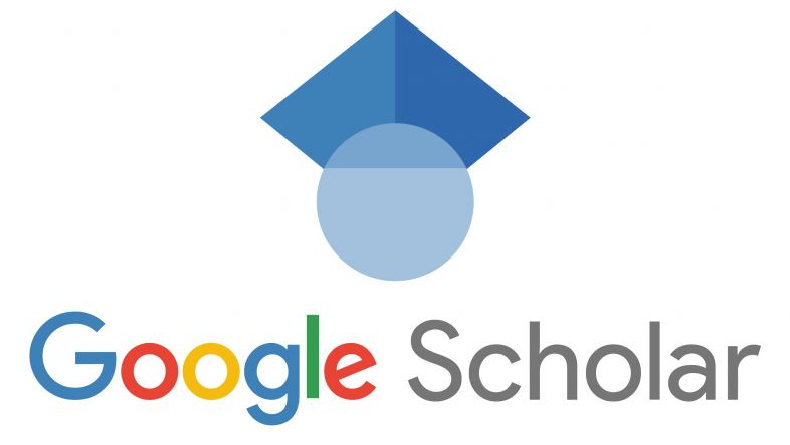EVALUASI PETUGAS SANITARIAN TENTANG SYSTEM PENGOLAHAN LIMBAH MEDIS PADAT DI PUSKESMAS PANGI PARIGI MOUTONG
Abstract
The development of the medical treatment industry in Indonesia is increasing the age of waste. Based on information from the Health Service of the Republic of Indonesia, the Sulawesi Focal Area is the region with the highest clinical waste reduction (3%) out of 35 regions in Indonesia. Due to initial research on the follow-up effect of initial information gathering in April 2021 at the Pangi Health Center, the color-coded arrange-ment as indicated by the guidelines has not been completed. During this time the time spent preparing the tram and incineration vehicle waste was inaccessible due to spending constraints at the puskesmas . The motivation behind the investigation was to find out the description of the sanitarian officer's assessment of the strong clini-cal waste management framework at the Pangi Welfare Center, North Parigi Area, Parigi Moutong Regime. This kind of exploration is an illustrative examination. The review variable was the sanitarian staff's assessment of a robust clinical waste management framework that incorporates information, cycles, and outcomes. The population in this examination were 2 Sanitarian officers. The examination results show that the contribution to human resources is 2 sanitarian officers, the office and framework are insufficient for the functional costs of waste processing, there is no wasted participation between the executor and outsiders. The cycle is reduction, division, stockpiling, sorting, transporting, moving and destroying waste. have not approved the abuse handling system of the Welfare Office. The ends of this research include unsatisfactory HR contribution, insufficient office and framework, while functional costs for wasteful maintenance do not exist. This cycle does not meet the health service abuse handling techniques. The results obtained are incomplete waste reduction, partitioning, landfilling, sorting, transporting solid waste without using trams, moving and destroying it. Ideas that are relied on to contribute to the Pangi Wellbeing Center in conducting assessments, and focus on information and cycles in their implementation to create normal results.






